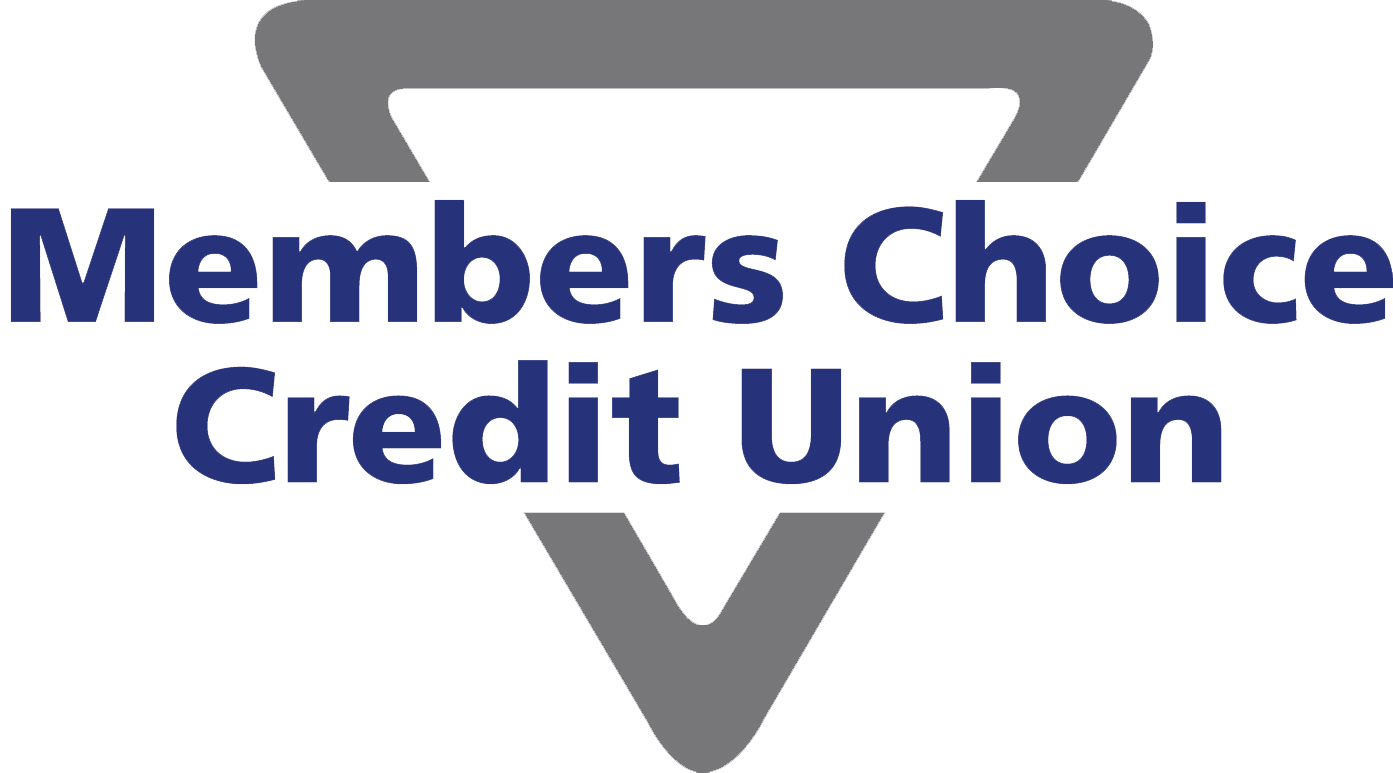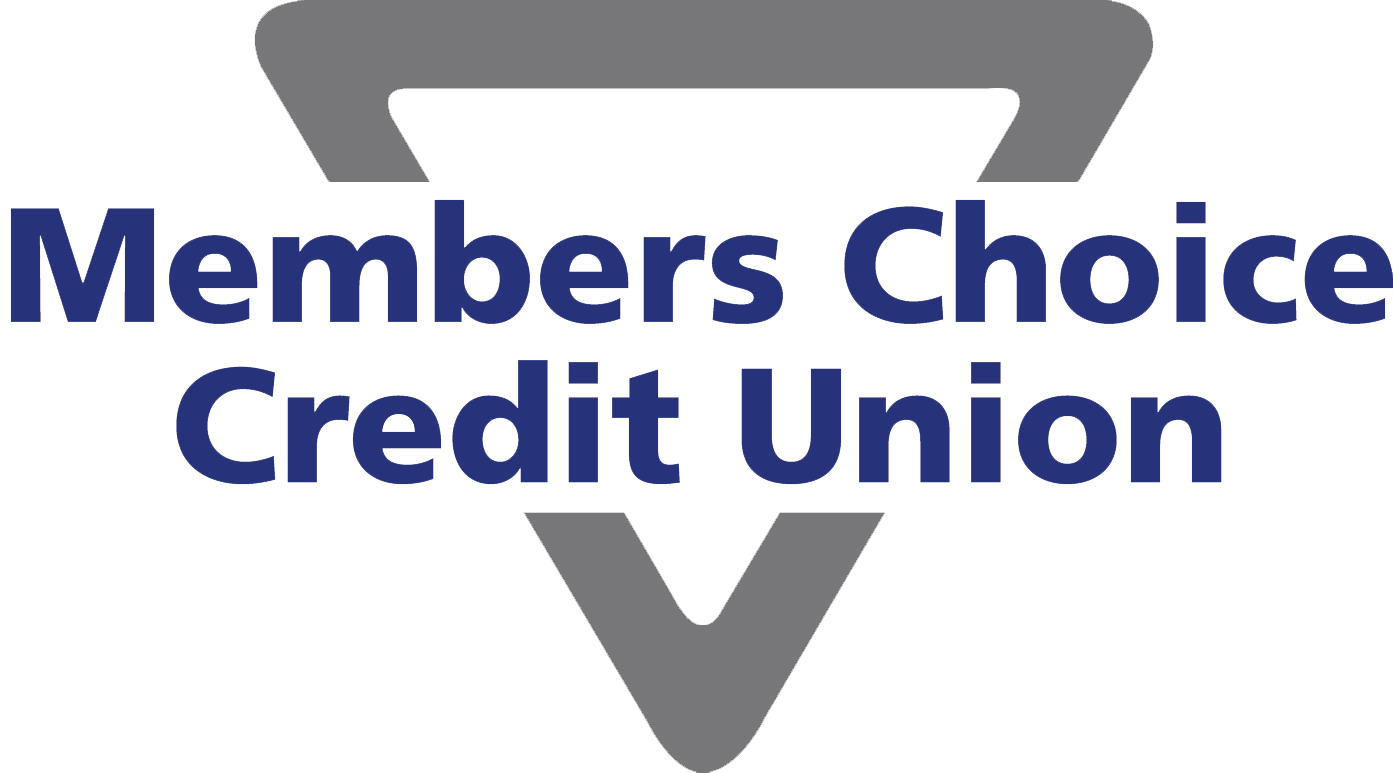Tax Planning Fundamentals
Tax planning is an essential aspect of financial management, yet it often comes with confusion and anxiety for many individuals. Understanding the fundamentals of tax planning is crucial to ensure you're not paying more than necessary and that you're strategically preparing for the future.
Whether you're an individual taxpayer, a small business owner, or someone looking to optimize your financial affairs, grasping the basics of tax planning can empower you to make informed decisions and achieve your financial goals.
Understanding Taxes
Taxes are compulsory contributions levied by governments on individuals, property, and businesses to fund public goods and services. It's essential to understand the various types of taxes to manage them effectively.
- Definition and Purpose of Taxes: At their core, taxes are financial charges or levies imposed by government entities to support public infrastructure and services like education, healthcare, defense, and transportation. They form the backbone of government revenue.
Types of Taxes:
- Income Taxes: Levied on individual and corporate earnings. This is typically scaled progressively, meaning the more you earn, the higher the rate of taxation. - Sales Taxes: Imposed on the sale of goods and services, usually expressed as a percentage of the price.
- Property Taxes: Based on the assessed value of real estate property, used predominantly to fund local services like schools and roads.
- The Role of Government in Taxation: Taxes help governments function, allowing them to provide essential services and maintain public infrastructure. Without taxes, governments would struggle to operate, making taxation a necessary, albeit sometimes burdensome, civic duty.
Basics of Tax Planning
Tax planning is a strategic approach to ensure tax efficiency. It's about managing your financial affairs with the ultimate goal of minimizing your tax liability while remaining in compliance with the law.
What is Tax Planning?: Tax planning involves analyzing and arranging your financial situation in a way that reduces your tax liability. It's about being proactive instead of reactive when it comes to taxes.
Key Objectives of Tax Planning:
- Minimizing Tax Liability: Utilizing legal strategies to decrease the amount of taxes owed.
- Compliance: Ensuring that your tax filings and payments are in full accordance with the law, thereby avoiding penalties and interest.
- Maximizing Returns: Ensuring that your investments and savings strategies yield the best possible post-tax returns.
- Common Misconceptions about Tax Planning: Some people think tax planning is only for the wealthy or that it's synonymous with tax evasion. In reality, tax planning is a legitimate and necessary strategy for everyone, promoting financial health and wealth preservation.
Tax Planning Strategies
Effective tax planning involves a variety of strategies tailored to individual financial situations. Here are some common approaches:
- Income Splitting: This strategy involves distributing income among family members or legal entities to take advantage of lower tax brackets. This is particularly useful for families where one partner earns significantly more than the other.
- Tax Deductions and Credits: Understanding the available deductions and credits is crucial.
- Deductions: These reduce your taxable income. Common deductions include mortgage interest, student loan interest, and charitable donations.
- Credits: These directly reduce your tax liability. Examples include the Child Tax Credit and the Earned Income Tax Credit.
- Timing of Income and Expenses: Properly timing when you receive income or incur expenses can significantly affect your tax liability. For instance, deferring bonuses or accelerating expenses can help manage your taxable income within a given year.
- Investment Strategies for Tax Efficiency: Choosing tax-efficient investment vehicles can help minimize your tax burden. Tax-advantaged accounts like IRAs and 401(k)s offer benefits by delaying or exempting taxes on earnings.
- Retirement Planning and Taxes: Contributions to retirement accounts can lower taxable income now, while Roth accounts offer tax-free withdrawals in retirement. Understanding these options can help tailor a retirement strategy that minimizes taxes.
Tools for Tax Planning
Having the right tools can simplify the complex process of tax planning, ensuring accuracy and compliance.
- Tax Software and Online Resources: These tools can streamline the tax filing process, helping you identify possible deductions and ensure accurate calculations. Examples include software like TurboTax or H&R Block.
- Consulting with Tax Professionals: Engaging with Certified Public Accountants (CPAs) or financial advisors can provide personalized guidance. They can help navigate intricate tax laws and develop strategies tailored to your financial situation.
- Tax Planning Calculators: Online calculators can provide estimates for various tax scenarios, helping you plan your financial moves more effectively and make informed decisions quickly.
Common Challenges in Tax Planning
Despite its benefits, tax planning comes with a set of challenges that individuals often face.
- Understanding Complex Tax Codes: Tax laws are often intricate and subject to change. Keeping abreast of new regulations and legal tax-saving opportunities requires time and effort.
- Keeping Up with Changes in Tax Laws: Legislative changes can have significant impacts on tax planning strategies. Staying informed about new tax laws and proposals is essential for making timely adjustments to your financial plans.
- Managing Tax-Related Stress: Tax planning and compliance can be stressful, especially for those who are unfamiliar with the process. Stress management techniques and professional guidance can help alleviate anxiety and ensure a smoother tax experience.
Future Trends in Tax Planning
The landscape of taxation is continually evolving, with new trends shaping how individuals and businesses approach tax planning.
- Digital Transformation and Taxation: Technology is reshaping the way taxes are filed and managed. From digital filing platforms to blockchain for secure transactions, the future holds promising technological advancements that will ease tax processes.
- Impact of Economic Policies on Tax Planning: Government economic policies, such as tax cuts or hikes, can influence tax planning strategies. Keeping an eye on policy changes and anticipating their impact can be crucial for effective planning.
- Growing Importance of Ecological Tax Considerations: As environmental awareness grows, taxes related to carbon emissions and sustainable practices are becoming more relevant. Tax strategies may increasingly integrate ecological impact assessments and positioning for green tax credits.
Navigating Your Tax Journey with Confidence
Effective tax planning is more than just crunching numbers; it's about making informed decisions that align with your financial goals and values. Here's a recap to guide your journey:
As you venture into the world of tax planning, remember the importance of staying informed, utilizing the available resources, and seeking professional advice when needed. Embrace the strategies that resonate with your financial landscape, and don't shy away from seeking guidance.
If you have questions or need personalized assistance, don't hesitate to reach out to us. Our team at Members Choice Credit Union is here to support you in building a better financial future. Visit our website or contact one of our financial advisors to start your tax planning journey with confidence.





